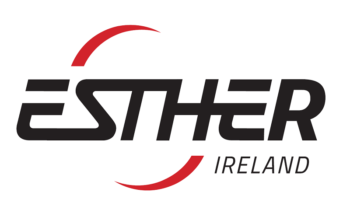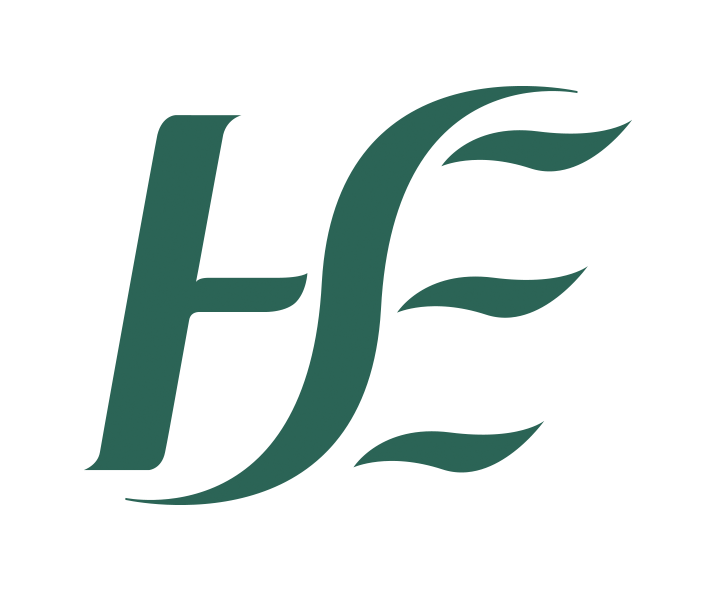Background to the partnership
UCD’s Center for Emergency Medical Science (CEMS) has established a partnership with Bo Government Hospital (BGH), which is the main hospital in the second-largest district of Sierra Leone.
The partnership focuses on paediatric care, particularly for new-borns. The new-born mortality rate in Sierra Leone is among the 10 highest in the world, and many of the babies who are born die within the first 28 days of life. The main focus of the partnership is to try to develop infrastructure to care for new-borns because there is no dedicated service for this at BGH.
When you consider it’s the main government hospital in the second biggest district in the country with one of the highest new-born mortality rates in the world, that’s why we’re particularly interested.
Dr. Conroy had lived and worked in Sierra Leone for a year previously, and described how the situation was worsened by the 2014-2016 outbreak of Ebola. An initial partnership visit was carried out by Dr. Conroy, and Dr. Tomás Barry – a GP and assistant professor at UCD. Dr. Conroy described the situation in Bo at the time as ‘dreadful’:
Having lived in Bo for a year, things had always been bad, and it has always been a challenging place to live and work but this was worse than I had ever imagined – purely because of Ebola. Ebola has absolutely destroyed the health system in Sierra Leone.
To give insight into the current situation, Dr. Conroy indicated that Bo, and any other health facility in Sierra Leone were under pressure at the best of times.
Sometimes they managed to get solar panels, but these later broke. There was no mains electricity most of the time; they would frequently run out of medicine, the malnutrition ward in the paediatric centre would frequently run out of food, so this was a system that was already under a massive amount of pressure.
Where previously the paediatric section in Bo would lose around 1-2 children per week, with occasional periods where they might not lose a child for a month, after Ebola arose the section was losing several children each day.
There was no point in trying to categorise which part of the health system delivery infrastructure didn’t work, because none of it worked. Everything crumbled; everything was under so much pressure, from the delivery of medication to staff dying during the crisis, which took away some front-line staff.
When asked about what surprised him the most on the partnership visit to Sierra Leone, Dr. Conroy indicated that he had not expected that Ebola would have destroyed the infrastructure so much. He described his curiosity to see the progression, as he had left Sierra Leone early 2014 and returned in May 2016. Unfortunately, the situation had only regressed and quite substantially so.
Whatever you could imagine here in Ireland didn’t bear any resemblance to what we found when we went out.
Creating a new neonatal unit at Bo Government Hospital
Very quickly there was one objective that stood out: to start a neonatal unit. The paediatrics ward at BGH was extremely overcrowded, lacking staff and resources. The lack of a neonatal unit meant new-borns were being carried from one side of the hospital to the other, from the labour ward to a packed paediatrics ward, where a new-born might potentially be brought over and end up sharing a bed with a child with pneumonia or meningitis. This was in addition to the issue of the distance that had to be travelled – for example a new-born might need to be resuscitated during the journey.
It’s a difficult journey because of the hospital layout and the exposure to the elements during the rainy season. Cold can kill a baby incredibly quickly, and a wet baby is a cold baby. So the rain will last for a half a year and the other half consists of searing heat which is just as bad, they can’t be exposed to this heat … Another issue is that the babies that are being carried from the labour ward are sick babies, and they are the ones that are going to have an increased risk of complications en-route to the paediatrics ward. Bringing them to a ward that is already caring for highly contagious patients with infectious diseases is a very dangerous environment to expose an already ill new-born.
Dr. Conroy noted that cases in such settings can become difficult in terms of ethics and decision making. In one example, he described the case of a new-born baby who was very ill and was brought to the paediatrics ward to be better cared for. However, the only bed available was alongside two children with contagious infections, and thus there was a greater chance of survival back in the post-natal ward. Unfortunately, after being brought back to the post-natal ward, the baby eventually passed away. Such situations only further compounded the need for a proper neonatal unit.
The issue with the post-natal ward is that it isn’t facilitated to care for sick people. Its primary function is to care for women who have just given birth … and not the management of sick kids.
The two doctors worked hard to get local buy-in. The hospital was unable to provide any financial resources; however, the initiative was supported by an agreement from senior management, which included the district medical officer, the medical superintendent, and head of nursing. They agreed to host a neonatal unit if Dr. Conroy and Dr. Barry could find someone to build it. Following a trip to Sierra Leone’s capital, Freetown, and a visit to UNICEF and the UNFPA, it was agreed to build a small neonatal unit within the BGH labour ward.
The ongoing objective of the partnership is to support the neonatal unit’s development, which will be able to handle about ten babies at a time, to ensure that their condition can be stabilised, and get through the first day or two, where there is the greatest risk of death. The neonatal unit will have an enormous impact on the hospital, being able to care for close to one thousand babies each year. Currently there is a need to upskill the nurses who currently do not possess the specific training in managing the needs of sick new-borns. In conjunction with UCD, Dr. Conroy aims to return to Bo Government Hospital and start training the first group of nurses.
Challenges encountered
The biggest challenge described by Dr. Conroy was to gain support for the neonatal unit at a time where the repair and refurbishment of Sierra Leone’s health system was the priority. This was especially difficult for someone that was not working for the Ministry of Health, or any of the UN agencies. Dr. Conroy and Dr. Barry had to first approach the Irish Embassy, who gave them contacts in Freetown to engage with. They then had to seek support from all of the necessary personnel at BGH. With only four weeks to persuade the people at the hospital and in Freetown that the neonatal unit was a good idea, and that this was something that had to be supported and driven by the Ministry of Health and other agencies, Dr. Conroy explained the agreements were not finalised until the last day of their visit.
The local staff had to buy into it, the Irish embassy had to give us the right contacts, the contacts in Freetown had to agree to it and collaborate.
Dr. Conroy noted that whilst they had brought their own expertise to the table, much of the success in building the partnership was because the other players fell into place and did what he and Dr. Barry had hoped they would do. He also went on further to illustrate that this project has had an equal impact on them as they have had on Bo Government Hospital – Dr. Barry had never worked in Global Health before and is now very keen to further explore the area. Both doctors are now undertaking a diploma in tropical medicine to help them with their long-term involvement in the project.
In relation to some of the fundamentals of third level institution teaching and research, there is planning for a module in global health to be introduced to the medical programme. This will eventually facilitate further research on this project. When the neonatal unit is up and running, Dr. Conroy hopes to conduct research that will help to establish the best-practice model of neonatal care in resource-poor settings such as Sierra Leone.
Key lessons learned
The most important thing that Dr. Conroy felt that he learned from the partnership visit is the need for a multi-agency approach to carrying out the project, and certainly the creation of the neonatal unit would have been impossible without all partners’ involvement.
Anyone who is going to have an involvement, get them involved and get them involved early.
Dr. Conroy’s additional word of advice for future grant recipients is that planning is important there is always a need for flexibility.
It’s beneficial to have a core principle of what you want to do to help this group of patients but flexibility should be the key quality of the project, within reason.
— This interview was conducted in summer 2016, by Ellie Marley, Operations Intern with the Irish Forum for Global Health and ESTHER Ireland.
Please click here to watch a video of Dr. Conroy speaking about the UCD-BGH partnership at the 1st ESTHER Ireland Partnerships Forum, held in Dublin in November 2016.

